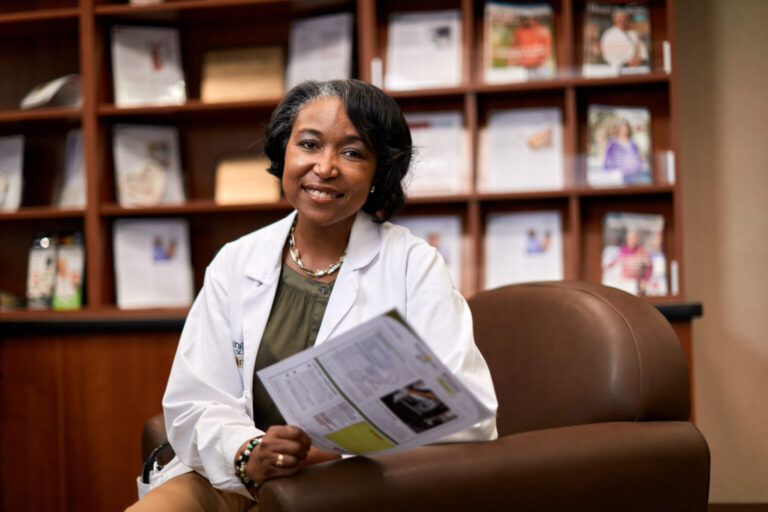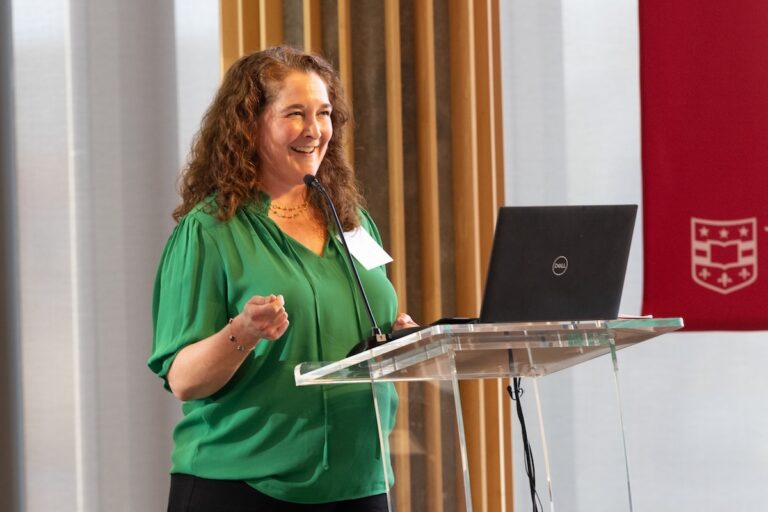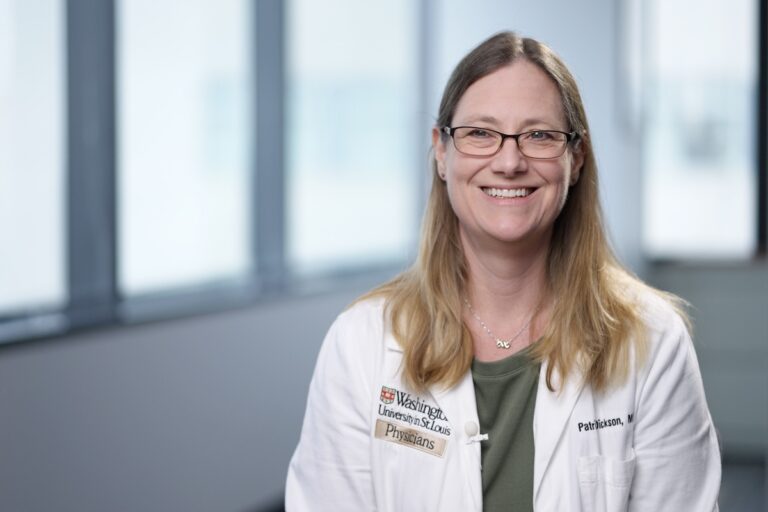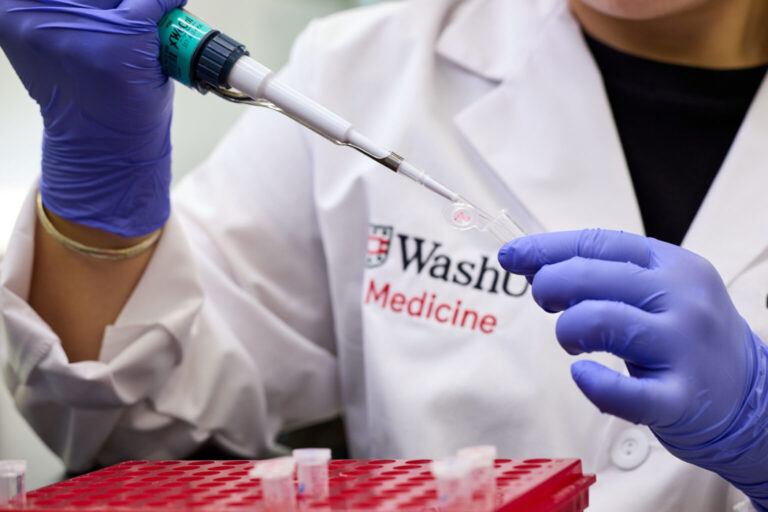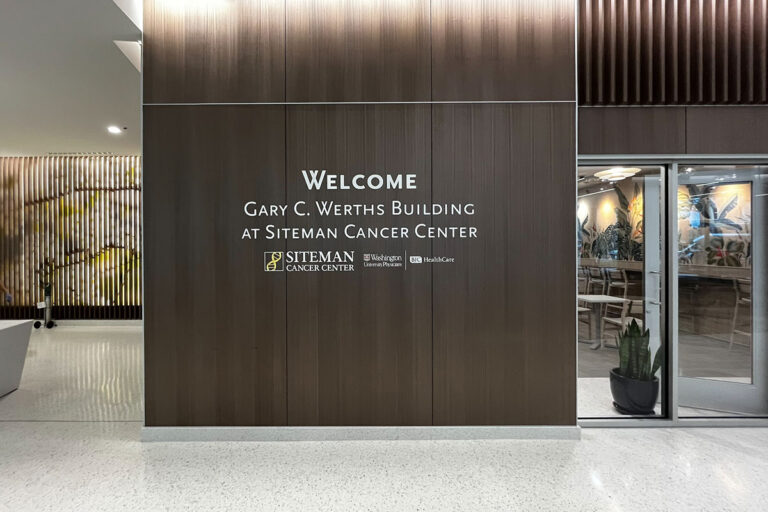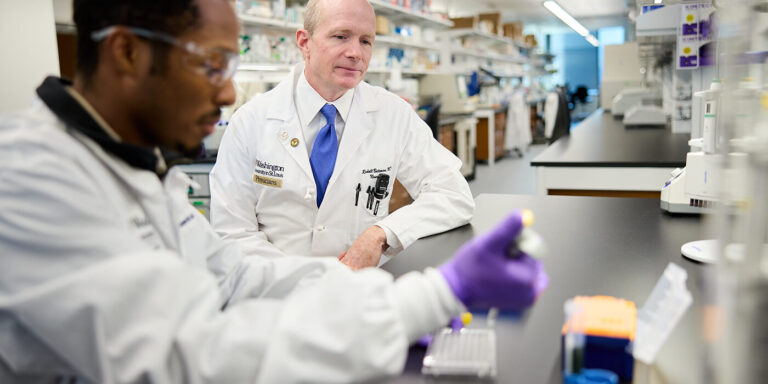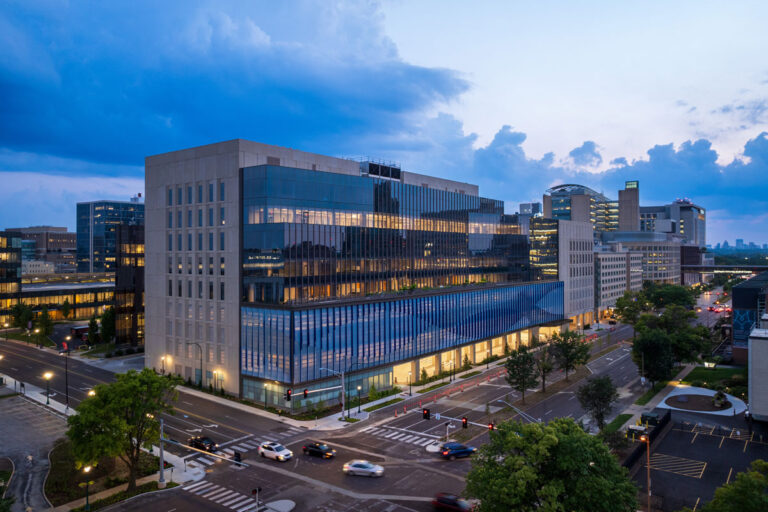WashU Medicine faculty honored for community engagement
Community engagement is woven into the fabric of WashU Medicine. Guided by a deep commitment to helping others, many faculty have built lasting community partnerships that drive innovative care, education and community-engaged research. In April, 55 faculty members at WashU Medicine were honored with 2025 Dean’s Impact Awards, which recognized individuals whose dedicated service and leadership have left a lasting mark across WashU Medicine’s mission areas. These honorees represent the compassion, innovation and dedication required to build meaningful community-focused change.
WashU partners with leading St. Louis recreation organizations
As temperatures continue to warm and the days become longer, St. Louisans are ready to get outside. And as part of its “In St. Louis, For St. Louis” commitment, WashU is supporting several organizations focused on outdoor recreation.
Eyler launches nature and health alliance at WashU
Amy Eyler, a professor at WashU’s Brown School, is leading a new initiative to advance research on the health benefits of spending time in nature and address the social and environmental barriers that limit access to green spaces in underserved communities. Eyler, along with co-principal investigator Derek Hoeferlin, professor and chair of landscape architecture at the Sam Fox School of Design & Visual Arts, have received a $50,000 IGNITE interdisciplinary grant through WashU’s Here and Next initiative. The grant helped launch the Nature and Health Alliance at WashU, a collaboration that brings together faculty, community organizations in St. Louis, and national partners to explore how exposure to nature can enhance physical and mental well-being.
Lenze receives William H. Danforth St. Louis Confluence Award
Shannon Lenze, PhD, an associate professor of psychiatry at Washington University School of Medicine in St. Louis, knows the grim statistics showing that gun violence, racism, poverty and a lack of access to transportation and nutritious foods can adversely affect mental and physical health during pregnancy, particularly among Blacks who suffer disproportionately more than people of other races. However, Lenze noted that many obstetricians hesitated to question pregnant patients about trauma related to their life experiences because it could upset them. Through her partnership with Elevating Voices, Addressing Depression, Toxic Stress and Equity (EleVATE) a community of academic physicians and clinics in St. Louis, Lenze had a light bulb moment — one that has helped guide her research on prenatal health of the pregnant person and baby.
Undiagnosed diseases clinic expands outreach to underserved communities
The Washington University School of Medicine in St. Louis Undiagnosed Diseases Network (UDN) Diagnostic Center of Excellence was established in 2019 to solve the trickiest medical mysteries in Missouri and nearby states. Now, the center is expanding. Buoyed by the renewal of the center’s five-year, $3.8 million grant, the UDN leadership team plans to increase outreach to medically underserved communities and increase capacity from 30 to 50 patients a year. The center has established a collaboration with the St. Louis Integrated Health Network, an organization dedicated to improving the quality, accessibility and affordability of health care.
WashU Medicine launches center for rare diseases
Washington University School of Medicine in St. Louis has launched the Center for Rare, Undiagnosed and Genetic Diseases, supported by an $8.5 million grant from Children’s Discovery Institute (CDI), a partnership with St. Louis Children’s Hospital, St. Louis Children’s Hospital Foundation and WashU Medicine. The new center brings together WashU Medicine researchers and the rare disease patient community, creating a collaborative network to drive innovative research and accelerate drug discovery.
WashU Medicine reaches all-time high in NIH funding
In a testament to the quality and national competitiveness of biomedical research at Washington University School of Medicine in St. Louis, the school secured $683 million in research funding from the National Institutes of Health (NIH) in federal fiscal year 2024 – a record high for WashU Medicine and an affirmation of its leadership in shaping the future of medicine. WashU Medicine’s NIH-funding success acts as a magnet for the brightest minds in medicine, drawing top-tier scientists, physicians and students from around the world to work and train at WashU Medicine. This influx of talent fosters collaborations with biotech and pharmaceutical companies, driving further medical advancements and spurring local and regional economic growth.
Siteman Cancer Center’s new outpatient building named in honor of Gary C. Werths
In recognition of a transformative commitment to WashU Medicine from St. Louisan Richard Frimel and his late husband, Gary C. Werths, Siteman Cancer Center’s new building for outpatient care will be named the Gary C. Werths Building. The historic pledge will fund groundbreaking cancer research and medical student scholarships to support aspiring physicians. Additionally, the gift will benefit cancer patients in St. Louis and beyond.
WashU research funding exceeds $1 billion for first time
For the first time, annual research funding to Washington University in St. Louis has surpassed $1 billion. External funding supports WashU investigators tackling big challenges from Alzheimer’s disease to air pollution to childhood depression. Research funding also ripples across the economy, sparking job growth, new construction and local spending, said Chancellor Andrew D. Martin.
New home for world-class cancer care opens on Medical Campus
Physicians, scientists, patients and WashU leaders — all united in hope — gathered Sept. 10 to celebrate the new home for world-class cancer care on the Washington University Medical Campus. The nine-story, 657,250-square-foot building will be devoted exclusively to outpatient care at Siteman Cancer Center, based at Barnes-Jewish Hospital and Washington University School of Medicine in St. Louis, and will welcome its first patients Sept. 30.
